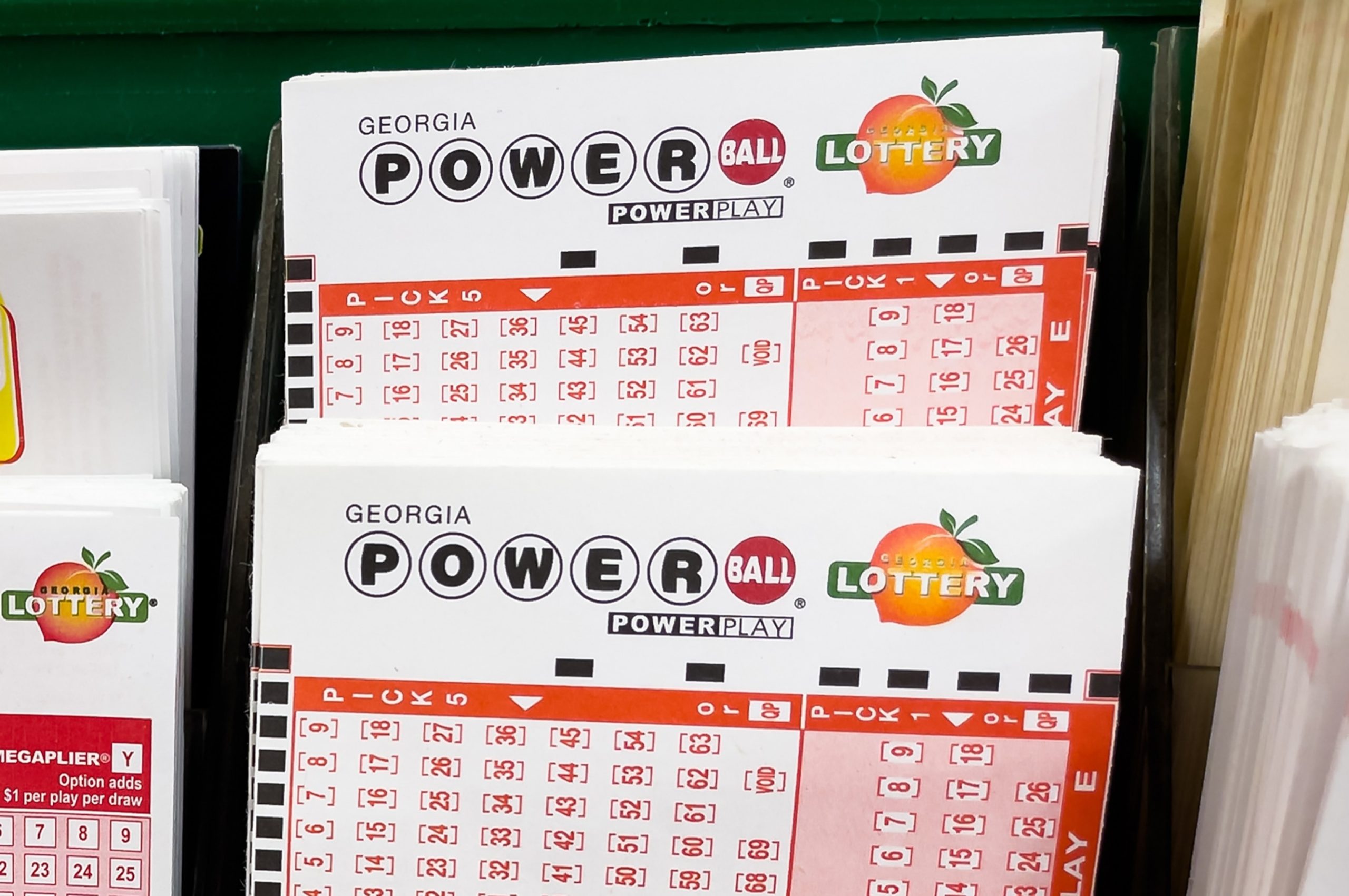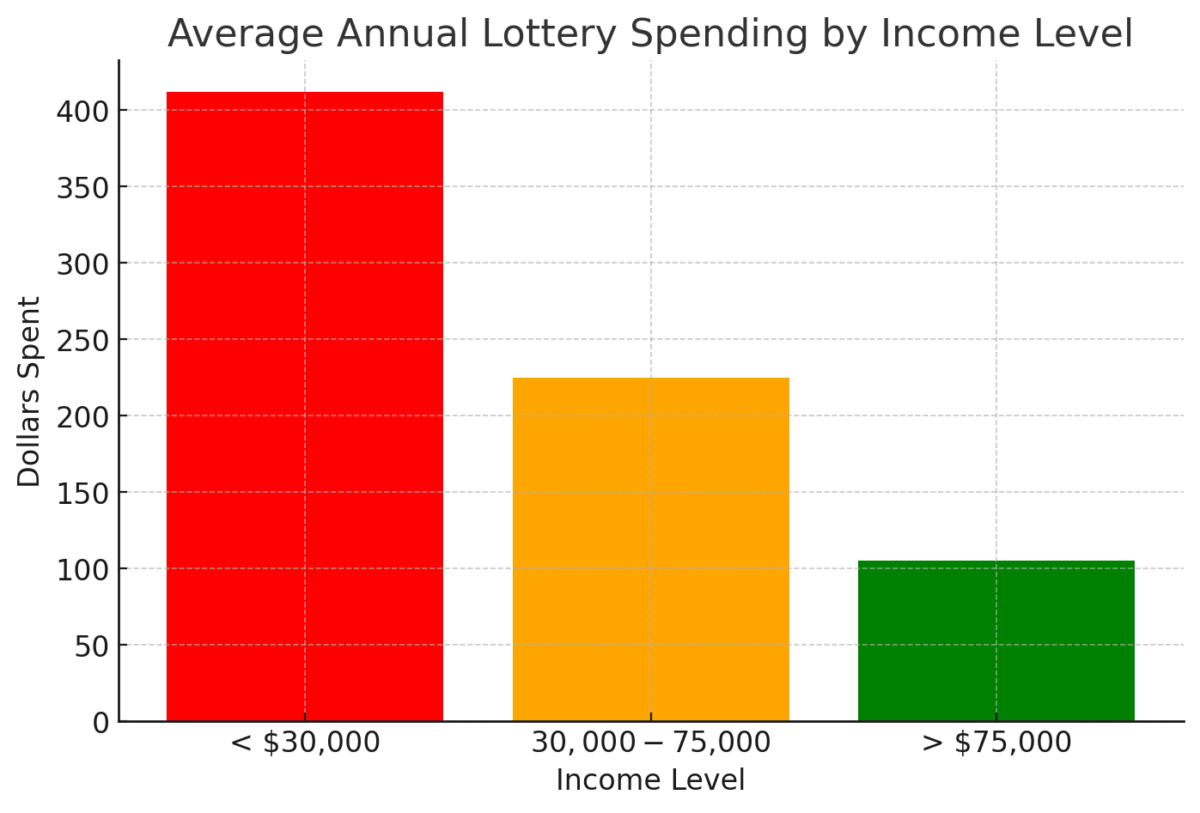The check is in your hands. The confetti has settled. You’ve just won a life-altering jackpot. Honestly, it feels like the finish line, doesn’t it? The end of all money worries.
Well, here’s the deal: for many, it’s just the starting gun for a whole new set of races. The landscape of sudden wealth is littered with cautionary tales, but also, thankfully, bright beacons of smart planning. Let’s dive into the real stories behind the headlines.
The All-Too-Common Downfall: Where Winners Go Wrong
It’s not just about spending too much on cars and mansions. The mistakes are often more subtle, more psychological. They stem from a fundamental shift in reality that few are prepared for.
Going It Alone: The “I’ve Got This” Trap
This is, without a doubt, the biggest and most common financial planning mistake for lottery winners. Suddenly receiving millions can create a false sense of financial genius. You start to believe your own luck is a form of skill.
One minute you’re depositing a check, the next you’re rejecting professional advice because, well, you’re the one who won, right? This ego-driven isolation leaves winners exposed to bad investments, predatory “friends,” and a complete lack of a strategic wealth management plan for jackpot winners.
The Tsunami of Requests (and the Guilt That Follows)
Your phone blows up. Distant cousins you haven’t seen since childhood emerge. Everyone has a dream, a business idea, a medical bill. Saying “no” starts to feel like a moral failure.
This pressure leads to what I call “charity whiplash”—giving away huge sums impulsively without a structured plan. It drains the fund, creates dependency, and often, breeds resentment anyway. It’s a no-win situation fueled by emotion, not logic.
Lifestyle Inflation on Steroids
Sure, you deserve to upgrade your life. But there’s a chasm between buying a nicer house and buying a private island with a staff of fifty. The ongoing costs of a luxury lifestyle—property taxes, insurance, maintenance, staff salaries—are like a hidden tax. They compound silently, relentlessly.
Many winners fail to calculate the long-term financial impact of a jackpot win. That $100 million isn’t $100 million after taxes, and it’s certainly not $100 million after you’ve bought a fleet of supercars and a jet. The money can evaporate faster than you can imagine.
Blueprint for Brilliance: Jackpot Success Stories
Now for the good stuff. These are the people who got it right. They treated the windfall not as a free-for-all, but as a profound responsibility.
The Stealthy Winner: Remaining Anonymous
Where possible, the single smartest move a winner can make is to stay out of the spotlight. Think of it as building a financial moat around your castle. By claiming the prize through a trust or LLC, these winners avoid the immediate onslaught of requests and scrutiny.
This anonymity provides the priceless gift of time. Time to breathe. Time to quietly assemble a team of experts—a fee-only financial planner, a tax attorney, and an estate planner—without the world watching. This is the ultimate first step in protecting lottery winnings from bad decisions.
The Goal-Setter: Using Money as a Tool, Not a Toy
Some of the most inspiring jackpot winner success stories involve people who had a plan before they even had the money. One famous example is a West Virginia man who won over $300 million. He didn’t quit his job at first. He paid off his family’s debts, sure, but he also invested heavily, started a foundation, and focused on long-term generational wealth.
He asked himself, “What do I want this money to do?” not just “What do I want to buy?” That shift in perspective is everything.
The “Enough” Philosophy
Another winner, this one from Scotland, took a beautifully pragmatic approach. He calculated a number that would allow him and his family to live very comfortably, forever, without working. He then took that amount and placed the vast, vast majority of the rest into conservative investments and charitable trusts.
He understood the number one rule of sudden wealth: preservation of capital is more important than spectacular growth. He secured his “enough,” and let the excess serve a larger purpose, effectively mitigating the long-term financial impact of a jackpot win.
Your Immediate Action Plan: If It Happens to You
Okay, let’s get practical. If fate smiles upon you, here’s a non-negotiable checklist. Print this out and stick it to your fridge.
- Shut Up. Seriously. Do not tell anyone. Not your best friend, not your sibling. The more people who know, the more complicated your life becomes.
- Secure the Ticket. Sign the back (but first, check the rules in your state and consider consulting an attorney about signing versus using a trust). Put it in a bank safety deposit box immediately.
- Breathe. You have time. Most lotteries give you months to claim. Use that time to get your head straight before you make a single life-altering decision.
- Assemble Your Team. This is not a DIY project. You need a lawyer, a financial advisor, and an accountant. Find fee-only fiduciaries—they are legally obligated to act in your best interest.
- Consider the Payout. The lump sum versus annuity debate is huge. The annuity provides a steady, smaller stream of income that protects you from yourself. The lump sum gives you control, but also all the temptation. Discuss this with your team in depth.
The Real Jackpot Isn’t the Money
It’s easy to get lost in the zeros. But the true prize, the one that lasts, is freedom. Freedom from debt. Freedom to pursue a passion. Freedom to provide security for your loved ones.
The winners who thrive understand that the money is just a tool. It’s a powerful, life-changing tool, sure, but it’s still just a means to an end. The ones who struggle see the money as the end itself—and they spend their way right back to where they started, often with more pain and complexity than they ever had before.
So, the next time you dream about that winning ticket, dream a little bigger. Dream about the quiet, secure, purposeful life that money could help you build. Because that’s the story worth telling.




